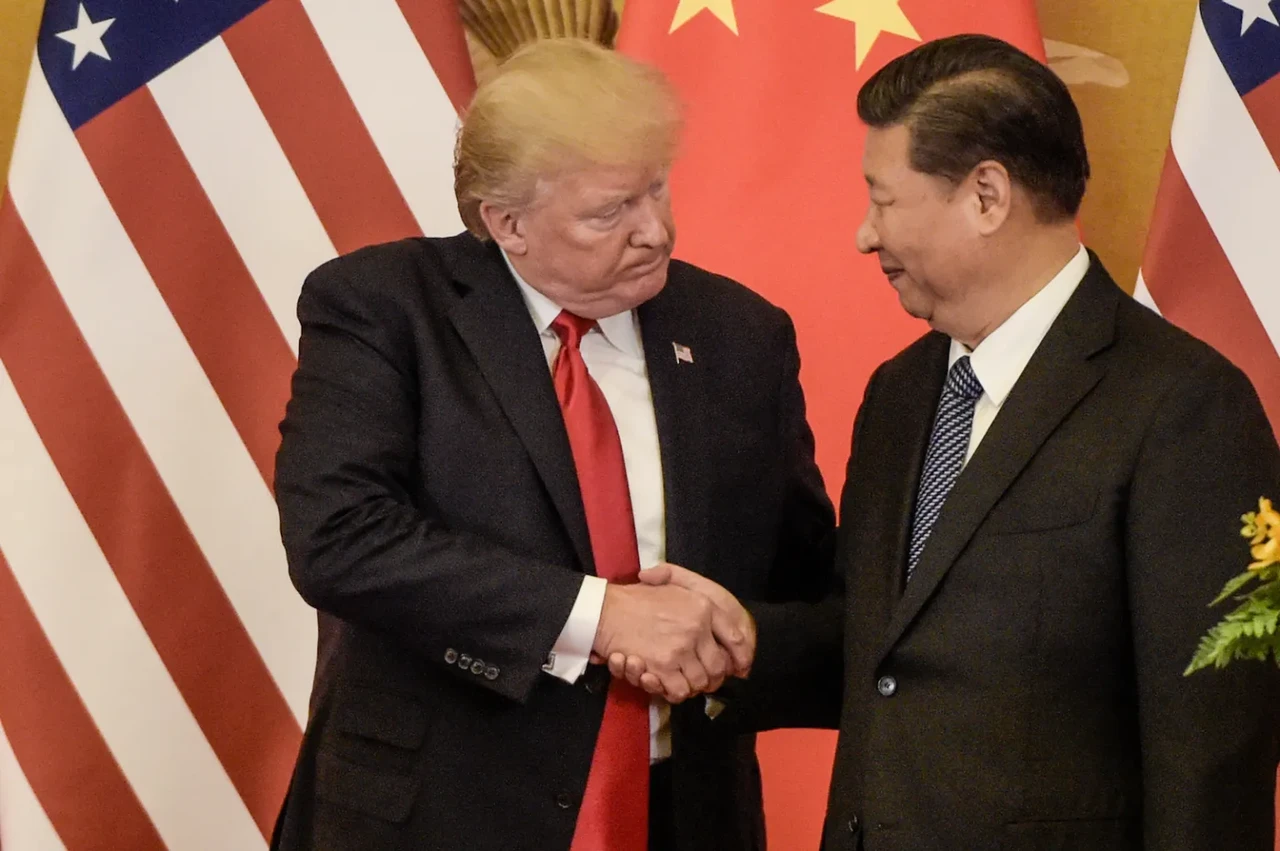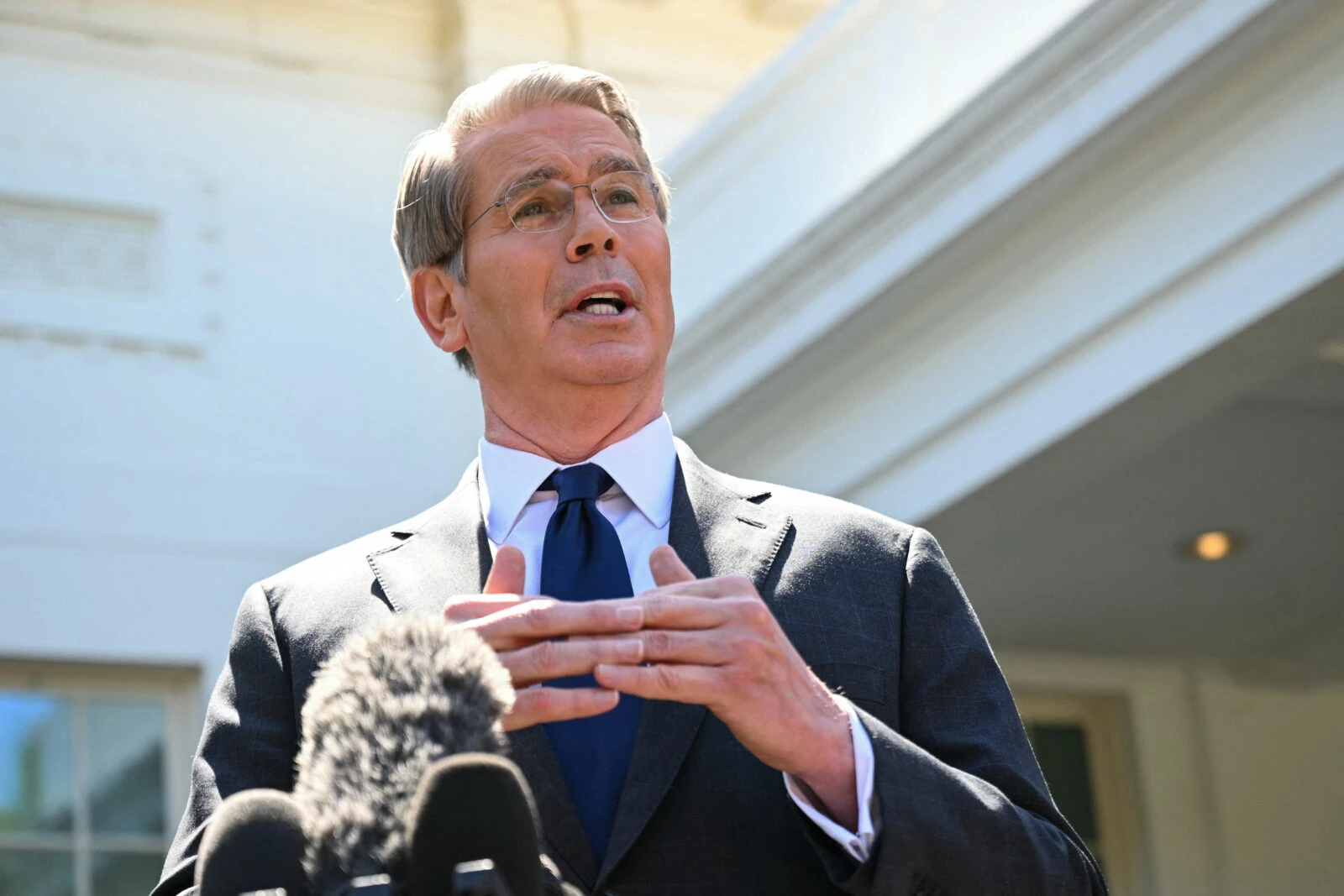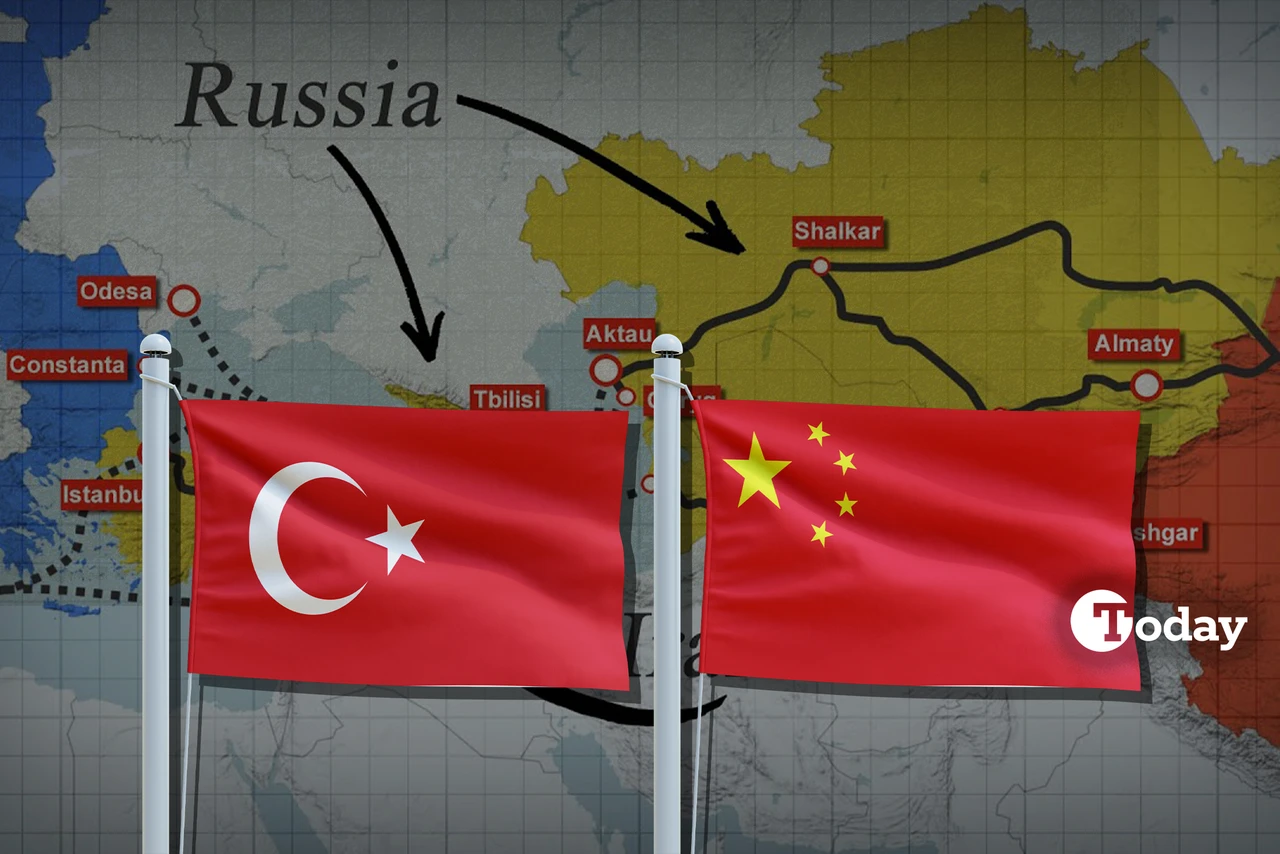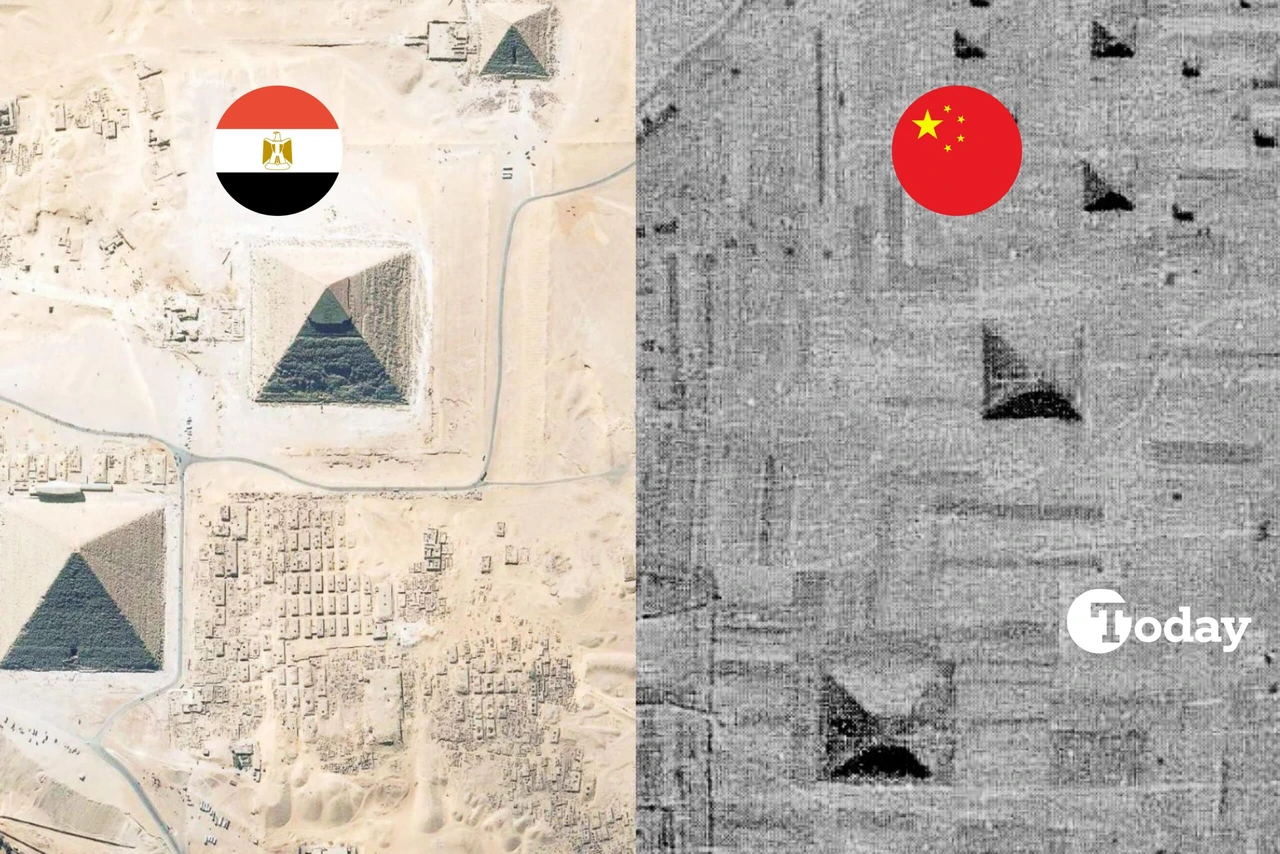US Treasury’s Bessent calls China tariffs ‘unsustainable,’ signals possible Trump-Xi trade talks
 U.S. President Donald Trump (L) shakes hand with China's President Xi Jinping at the end of a press conference at the Great Hall of the People in Beijing, China, Nov. 9, 2017. (AFP Photo)
U.S. President Donald Trump (L) shakes hand with China's President Xi Jinping at the end of a press conference at the Great Hall of the People in Beijing, China, Nov. 9, 2017. (AFP Photo)
U.S. Treasury Secretary Scott Bessent hinted Monday at a potential breakthrough in the ongoing U.S.-China trade tensions, noting that the tariffs imposed on Chinese goods are substantial and widely seen as unsustainable.
“No one thinks these are sustainable or wants them to remain,” he told Bloomberg, emphasizing that the current rates are far from symbolic.
Bessent emphasized that any meaningful negotiations between the U.S. and China would have to be initiated at the highest political level, highlighting the close personal rapport between President Donald Trump and Chinese President Xi Jinping as a potential foundation for renewed dialogue. While he recognized the deepening divide between the two countries, he stressed that a complete breakdown in relations is not a foregone conclusion and could still be avoided through leadership-driven diplomacy.

Since April 2, tit-for-tat tariff escalations have raised U.S. duties on Chinese imports to 145%, with China responding with retaliatory tariffs of up to 125% on American goods.
Bessent noted that the U.S. is advancing swiftly in trade talks with many key partners, including Vietnam, Japan, and, most recently, South Korea. He suggested that allies should move quickly, as early action often leads to better deals, adding that several countries could reach agreements in principle during the 90-day suspension of additional tariffs.
Reflecting on the recent protectionist wave, Bessent said countries may seek safeguards against Chinese imports flooding their markets.
Trump targets new tariffs on semiconductor, pharma
However, the wave of tariff measures continues, as White House spokesperson Kush Desai unveiled that President Trump has directed the launch of a formal investigation into whether additional tariffs should be imposed on semiconductor and pharmaceutical imports.
As part of this process, the U.S. Department of Commerce has initiated a public comment period under Section 232 of the Trade Expansion Act of 1962—a provision that allows the president to impose trade restrictions if certain imports are found to undermine national security.
The public comment period, which follows a notice in the Federal Register, invites industry stakeholders, analysts, and other relevant parties to submit written statements, data, and assessments on how such imports may affect U.S. national interests. These investigations will evaluate not only the volume of imports but also their role in critical supply chains, particularly in sectors deemed essential to defense, public health, and technological competitiveness.
President Trump has previously invoked Section 232 to implement tariffs on steel and aluminum and to initiate similar probes on copper and timber
“The entire administration is committed to working on Trump Time to secure our economic future and restore American greatness,” Desai said.



